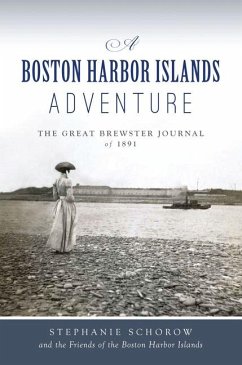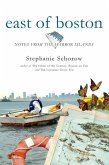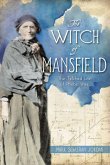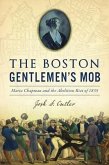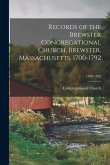In 1891, four intrepid women from Lowell sailed to a remote island in Boston Harbor for a 17-day escape from New England's prim and proper society. Calling themselves the Scribe, the Aristocrat, the Acrobat, and the Autocrat, the women rusticated in a cottage on Great Brewster Island, reveling in the chance to shed their identities of wife, mother, and daughter. Relive their sojourn through their remarkable journal, filled with observations, illustrations, photographs, and poetry, reproduced here by the Friends of the Boston Harbor Islands.

